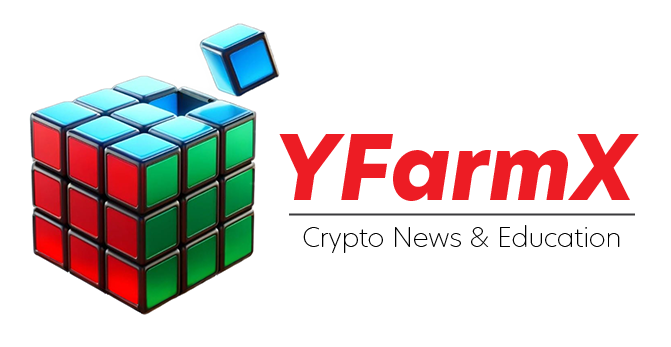Blockchain technology and artificial intelligence (AI) are two disruptive technologies that are changing the business landscape. The two technologies have matured and gained market traction. The rise of ChatGPT has been spectacular, the tool amassed a million users in only five days, setting a new record for the fastest-growing user base in the history of consumer applications. However, behind the scenes, a more robust data infrastructure is required to enable the meaningful rise of AI.
There is a need to look at the data value chain holistically to determine what needs to be done to get high-quality data and AI applications using blockchain. Web3 technologies can tap into artificial intelligence in areas like data storage, data transfers, and data intelligence. Each of these data capabilities can benefit from decentralised technologies, and firms are now focusing on delivering them.
Decentralised Data Storage

Decentralised data storage is an essential building block for the future of decentralised AI. As blockchain projects scale, every vector of centralisation could come to haunt them. A centralised blockchain project could suffer governance breakdown, regulatory clampdown, or infrastructure issues. Decentralised storage solutions bring scalability and stability and mitigate the risks of a single centralised point of failure.
How it Works
The principle is to use multiple servers and computers worldwide to store a document. Simply, a document can be split, encrypted and stored on different servers. Only the document owner will have the private key to retrieve the data. On retrieval, the algorithm pulls these individual parts to present the document to the user. Major projects within the decentralised storage space include Filecoin, Arweave, Crust, Sia, and StorJ.

Data Transfer
Data transfer is the next key use case on the data stack that can benefit from decentralisation. Adding a vector of centralisation at any point in the data stack would make it less effective. Once decentralised, the next item on the data value chain is the transfer and sharing of data—primarily through oracles. Oracles are entities that connect blockchains to external data sources so that smart contracts can plug into real-world data and make transaction decisions.
Oracle Vulnerabilities
Oracle vulnerabilities have long been a weak link in data architecture, with hackers consistently targeting and exploiting them. Along with smart contract and cross-chain bridge hacks, oracle vulnerabilities have been one of the most popular targets for cybercriminals lately, largely due to the absence of decentralised data transfer infrastructure and protocols.
DONs (Decentralised Oracle Networks)
Decentralised oracle networks (DONs) are a potential solution for secure data transfer. DONs have multiple nodes that provide high-quality data and establish end-to-end decentralisation.
Input & Output Oracles
Oracles have been used extensively within the blockchain industry, with different types of oracles contributing to the data transfer mechanism. Input oracles carry and validate data from off-chain data sources to a blockchain for use by a smart contract. Output oracles allow smart contracts to carry data off-chain activity and trigger certain actions. Cross-chain oracles carry data between two blockchains, which could be fundamental as blockchain interoperability improves.

Compute-enabled Oracles
Compute-enabled oracles use off-chain computation to offer decentralised services. While Chainlink has been a pioneer in developing oracle technologies for blockchain data transfer, protocols like Nest and Band also provide decentralised oracles.
Decentralised storage and oracle networks are still in a nascent stage. According to Cointelegraph, Facebook generates 4 petabytes of data daily, yet Arweave has only handled about 122TB of data in total.
Decentralised technologies require time to develop and mature. However, high-quality data storage and secure data transfer are critical components of enabling meaningful AI. The rise of ChatGPT is a testament to the potential of AI and as AI becomes more intelligent, the need for high-quality data storage and secure data transfer will only increase. The zones of convergence between blockchain and AI will be exciting to watch.




